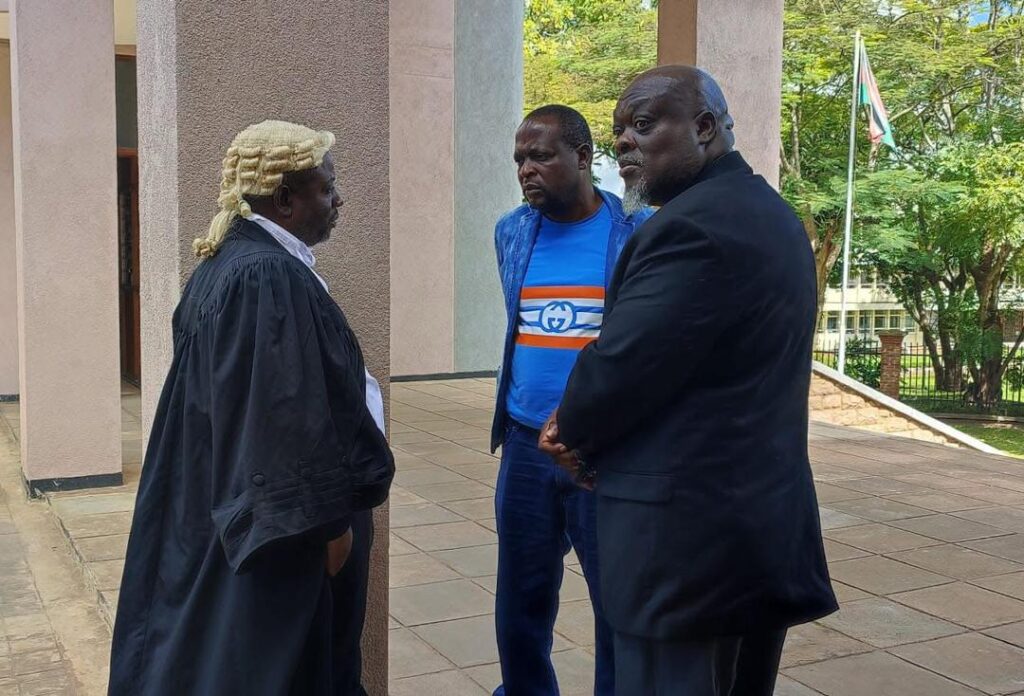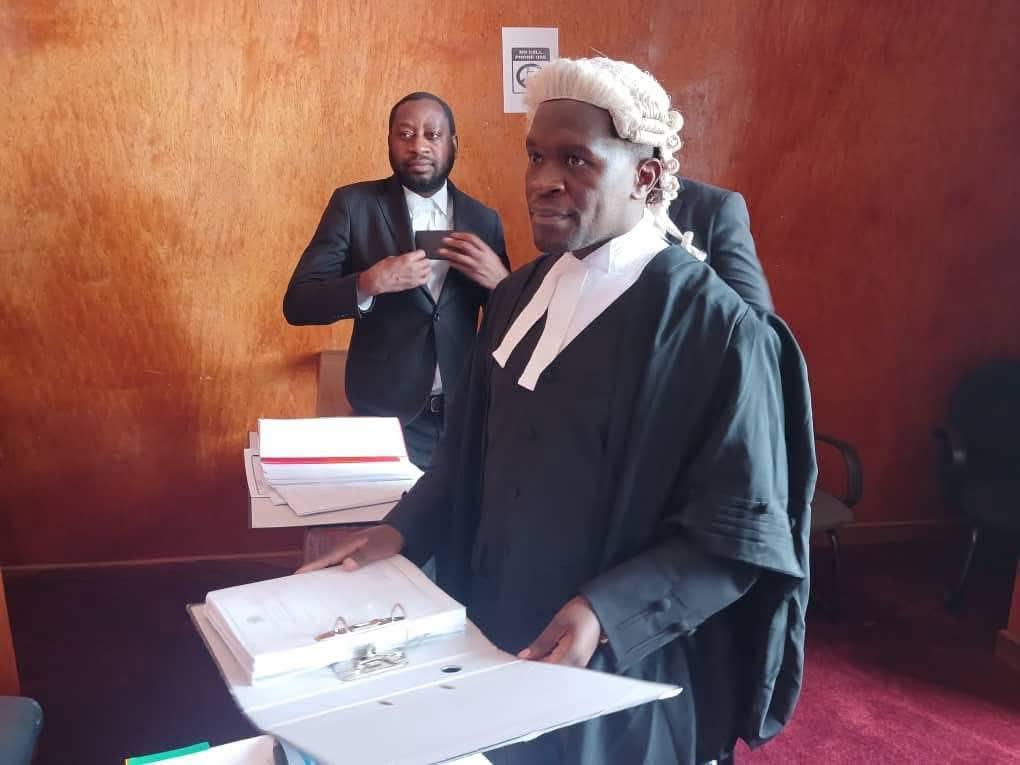In a landmark ruling on Wednesday, the Malawi Supreme Court of Appeal has ordered businessman Leston Mulli and his companies, Sunrise Pharmaceuticals and Chombe Foods, to refund K3 billion to the Malawi Government within 30 days, with interest.
The ruling follows an appeal by Attorney General Thabo Chakaka-Nyirenda, who successfully argued that the money was wrongfully awarded and paid out under the previous Democratic Progressive Party (DPP) administration.
The money was given to Mulli as compensation following an alleged loss of property and business during the July 20, 2011 nationwide protests against poor governance and economic mismanagement under then-President Bingu wa Mutharika.
The demonstrations ended tragically, especially in Mzuzu, with 20 people were killed by state security agents nationwide. In the aftermath, Mulli’s companies claimed that they had suffered losses as their premises were damaged by protesters. The High Court, under DPP influence, awarded them K3 billion in 2013 without trial, cross-examination, or independent expert verification.
The payout to Mulli sparked outrage at the time, but with the DPP still in power, little was done to reverse the decision, until now.

In the ruling the Supreme Court also directed that Mulli’s companies pay for all legal costs of the appeal and the earlier High Court proceedings. In addition, the Supreme Court ordered that the matter, which involves further claims of K30 billion in damages by Mulli’s companies, should be heard afresh by a different High Court judge within 90 days.
Mulli, originally from Phalombe in the Lhomwe belt, a region strongly aligned with the DPP, rose to prominence not only for his business ventures but for his closeness to senior DPP figures. Critics have pointed out that Mulli was a beneficiary of nepotism and corruption during the DPP regimes of both Bingu and his brother Arthur Peter Mutharika.
Mulli’s companies were awarded numerous government contracts and he controversially acquired state-owned assets, including Tambala Foods, under circumstances that raised questions about transparency and fairness. It was common knowledge in Malawi that Mulli was a key financier of DPP activities, and many considered his court victories as rewards for political loyalty rather than legitimate justice.
While Mulli and his firms were compensated with billions, families of the 20 people who were killed during the 2011 protests were given only modest sums, and in some cases, none at all. Small vendors whose businesses were destroyed have also been left in the cold.
Civil society organizations have described the Supreme Court’s ruling as a vindication of long-held concerns that the DPP government manipulated the justice system for the benefit of its allies.
“This is a triumph for accountability,” said an anti-corruption campaigner. “Finally, Malawians are seeing that the law can work to correct past injustices.”

Attorney General Thabo Chakaka-Nyirenda, who has been vocal about fighting corruption and abuse of public funds, expressed satisfaction with the ruling. He noted that the original High Court decision was deeply flawed, as it lacked a trial or any expert assessments.
“You can’t just wake up and write a cheque of K3 billion to someone based on their word alone, especially when that person is closely linked to the ruling party,” he told journalists.
The AG also emphasized that the refund is not the end of the matter. The fresh trial ordered by the Supreme Court will allow government lawyers to present evidence disproving Mulli’s claims of damage and loss, which many believe were grossly inflated.
On social media, the news has been met with celebration and calls for further investigation into similar payouts made during the DPP era. One user on Facebook wrote, “This is just the beginning. We want all looters to pay back what they stole from Malawians.”
Others demanded that Mulli also be investigated for how he acquired public assets like Tambala Foods, and for alleged tax evasion. Some even questioned whether other companies connected to the DPP should now expect to face similar legal scrutiny.
This ruling serves as a significant lesson in governance, justice, and accountability. It reveals how public resources can be siphoned off through the courts when the judiciary is compromised or influenced by politics. It also underlines the importance of strong legal institutions that can revisit and reverse past wrongs.
For years, many Malawians believed that people close to political power could get away with anything. Today’s court decision sends a different message – that the era of impunity may be coming to an end.









